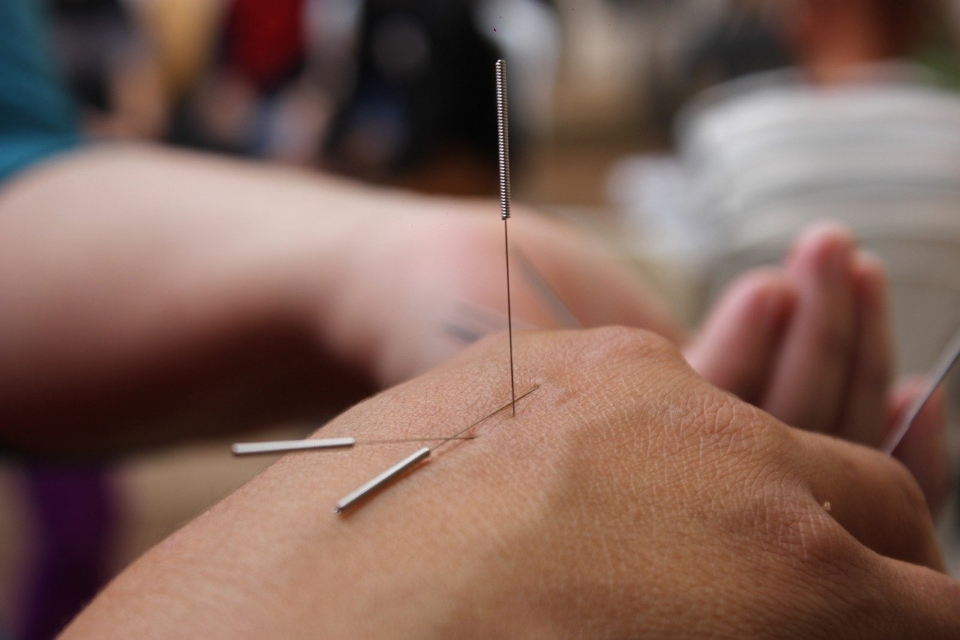Whilst acupuncture is reported to have an array of benefits including relieving pain, and reducing stress and anxiety, it can be confusing as to whether it is considered to be primary healthcare. In this article, we will look into what is meant by primary healthcare and whether acupuncture is primary healthcare.
So, is acupuncture considered primary health care? Acupuncture is not considered primary healthcare but is available as a ‘Complementary Alternative Medicine’ (CAM) by the NHS in some GP practices, hospitals and clinics for patients that have experienced no relief from mainstream treatments.
Keep reading to find out more about acupuncture as a primary healthcare.
Is Acupuncture Considered Primary Healthcare?
According to the NHS, acupuncture is not considered primary healthcare but rather is a form of ‘Complementary Alternative Medicine’ (CAM) alongside other treatments that fall outside of mainstream healthcare such as homeopathy, aromatherapy, meditation and colonic irrigation.
The availability of CAM treatments on the NHS is limited but it is sometimes available to patients that have explored other mainstream treatments for their condition, and are struggling to find a resolution.
The National Institute for Health and Care Excellence provides guidance to the NHS on whether particular treatments are effective enough to validate the cost and with regards to CAM treatments, have recommended the use in a limited number of circumstances.
What Is Meant By Primary Healthcare?
The NHS divides its care in 3 different different categories, primary care, secondary care, and tertiary care.
Primary Healthcare is the first point of contact for the public when they have a medical issue and refers to services including general practice, dentistry, pharmacy and optometry. Normally these medical issues can be resolved quite easily and don’t require specialist treatments.
Secondary Health Care is sometimes referred to as hospital or community care and can either be planned care in the form of an operation or urgent and emergency care, such as treatment for a fractured bone. This type of care often occurs when GPs feel that a patient requires more specialist expertise, testing, or treatments, and is often delivered as an outpatient clinic.
Tertiary Health Care refers to highly specialised treatments and care such as organ transplants, forensic mental health services and neurosurgery which all require much more experience and expertise to treat.
How Does Acupuncture Fit Into Primary Healthcare?
Acupuncture is not a primary healthcare service, but due to it being considered Complementary Alternative Medicine, there is availability for it on the NHS within some GP practices, although it is currently very limited. As a result, many patients tend to seek acupuncture treatments and therapies privately.
Is An Acupuncturist A Medical Professional?
Whilst acupuncture may not be considered primary healthcare, an Acupuncturist is considered a healthcare professional. However, it is important to note the distinction between an Acupuncturist, and an Acupuncture Practitioner.
Acupuncturist is a protected title used to describe someone that has completed a degree or relevant course in order to become a medical professional in acupuncture.
Other medical professionals such as Physiotherapists, and Osteopaths, can complete relevant CPD courses that will enable them to practice acupuncture but they cannot use the title Acupuncturist without completing relevant studies.
For more information on how to train as an Acupuncturist click here.
Final Thoughts
Accupuncture has been reported to help with a series of health related issues including menopausal symptoms, mental health problems, sleep quality and duration, and even morning sickness. However, under the regulation of the National Institute for Health and Care Excellence acupuncture is only provided on a limited basis under mainstream primary healthcare on the NHS.
Acupuncturists are, however, considered healthcare professionals as they have undergone significant study and medical training.
If you are a medical professional, Breeze Academy offers a range of acupuncture CPD courses that will help you to expand your skill set and offer new treatments to your patients. If you are interested in additional training take a look at our foundation level acupuncture course to get started in acupuncture, or one of our more advanced courses if you’re interested in specialising.
